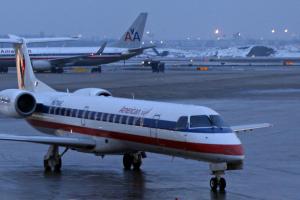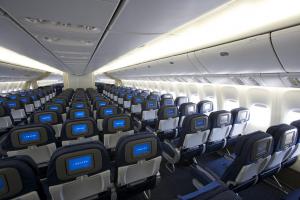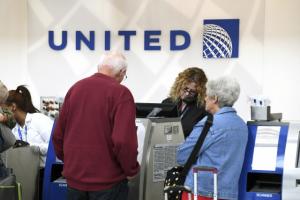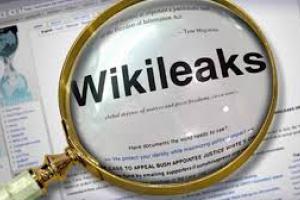This Bank Panic Should Not Exist
Vanity Fair
 Airline travelers are willing to compromise on personal comfort and convenience in return for lower fares and regularly scheduled flights. But I doubt the flying public would agree to deeply discount their own safety by letting the government hack away at an essential industry standard designed to protect flyers from inexperienced pilots.
Airline travelers are willing to compromise on personal comfort and convenience in return for lower fares and regularly scheduled flights. But I doubt the flying public would agree to deeply discount their own safety by letting the government hack away at an essential industry standard designed to protect flyers from inexperienced pilots.
 Airlines make much more on premium seats than on seats in coach. Their goal: make coach seating unpleasant enough to keep the enormously lucrative premium seats filled.
For this scheme to work, the inequality involved has to be clearly visible. Coach passengers need to know that passengers upfront are luxuriating while they, cramped and hungry, sit and stew.
Airlines make much more on premium seats than on seats in coach. Their goal: make coach seating unpleasant enough to keep the enormously lucrative premium seats filled.
For this scheme to work, the inequality involved has to be clearly visible. Coach passengers need to know that passengers upfront are luxuriating while they, cramped and hungry, sit and stew.
 The videos of security cops dragging a bloodied physician down the aisle of a United Airlines plane clearly shocked millions of people. United Airlines found itself at the center of public condemnation this week, after a horrifying video of a doctor being forcibly removed from a coach class seat on one of its planes went viral.
The videos of security cops dragging a bloodied physician down the aisle of a United Airlines plane clearly shocked millions of people. United Airlines found itself at the center of public condemnation this week, after a horrifying video of a doctor being forcibly removed from a coach class seat on one of its planes went viral.
 WikiLeaks released the secret draft text for the Trade in Services Agreement. The deal covers 50 countries and over 68 percent of world trade in services. The draft had been classified to keep it secret during the negotiations and for five years post-enactment. The trade deal aims to cement the deregulatory model of the 1990s by forbidding countries from improving financial regulation and roll back the regulatory structure strengthened after the global financial crisis.
WikiLeaks released the secret draft text for the Trade in Services Agreement. The deal covers 50 countries and over 68 percent of world trade in services. The draft had been classified to keep it secret during the negotiations and for five years post-enactment. The trade deal aims to cement the deregulatory model of the 1990s by forbidding countries from improving financial regulation and roll back the regulatory structure strengthened after the global financial crisis.
Spread the word